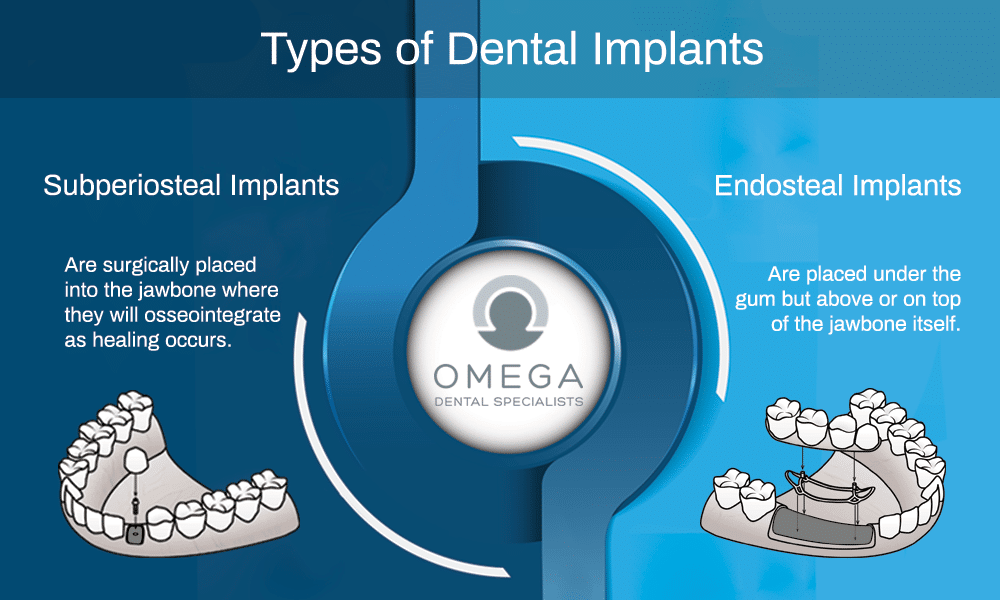The smart Trick of Dental Sense That Nobody is Talking About
The smart Trick of Dental Sense That Nobody is Talking About
Blog Article
Dental Sense - Questions
Table of ContentsAll About Dental SenseThe Definitive Guide for Dental SenseEverything about Dental SenseDental Sense Can Be Fun For Everyone
are medical devices surgically implanted into the jaw to restore an individual's capability to chew or their appearance. They supply assistance for synthetic (phony) teeth, such as crowns, bridges, or dentures. When a tooth is shed as a result of injury or illness, a person can experience issues such as fast bone loss, faulty speech, or modifications to chewing patterns that result in pain.Oral dental implant systems include an oral implant body and dental implant abutment and might additionally consist of a joint fixation screw. Dental implants. The dental implant body is operatively inserted in the jawbone in area of the tooth's root. The dental implant abutment is normally connected to the dental implant body by the abutment addiction screw and extends through gum tissues into the mouth to support the attached artificial teeth
(https://issuu.com/dentalsense1)Framework of The Oral Implant System picking dental implants, speak with your dental supplier concerning the possible advantages and dangers, and whether you are a prospect for the treatment. Points to consider: Your overall health is a vital consider figuring out whether you are a good candidate for oral implants, for how long it will certainly take to heal, and exactly how long the implant may remain in area.
Smoking cigarettes may impact the healing process and reduce the long-lasting success of the implant. The recovery procedure for the implant body might take numerous months or longer, throughout which time you generally have a momentary abutment in area of the tooth. the dental implant treatment: Very carefully comply with the dental hygiene guidelines provided to you by your dental provider.
A Biased View of Dental Sense
Implant failure can cause the requirement for an additional medical treatment to take care of or change the dental implant system. Brings back the capability to chew Brings back aesthetic appearance Aids keep the jawbone from reducing as a result of bone loss Protects the wellness of the surrounding bone and gum tissues Aids maintain adjacent (neighboring) teeth steady Improves lifestyle Damages to bordering natural teeth during dental implant positioning Injury to the surrounding cells throughout surgical treatment, such as sinus perforation Injury throughout surgery (as an example, crack of surrounding jawbone) Inadequate function, such as seeming like the teeth do not bite together usually A sensation that the tooth hangs or twisting in location resulting from a joint screw loosening Implant body failure (looseness of the dental implant body) because of systemic infection, which might be most likely in clients with unrestrained diabetes mellitus as a result of neighborhood infection in bone and gum tissues supporting the dental implant body as a result of postponed recovery, which might be more probable in individuals who smoke Trouble cleaning the gum tissues around the dental implant, leading to poor dental health Unattended periodontal condition Post-surgical feeling numb due to nerve impingement or damages Always notify healthcare providers and imaging specialists that you have dental implants before any magnetic resonance imaging (MRI) or x-ray procedures.
FDA is not knowledgeable about any damaging events reported for MRI or x-ray procedures with oral implants. Dental implants systems are usually made of products that adhere to worldwide agreement standards of the International Company for Standardization (ISO) or ASTM International. These requirements have information of what makes a safe product.

An oral implant is a structure that changes a missing tooth. With screw-like tools, the surgeon inserts an implant into the jawbone, and it serves as a support for a fabricated tooth, called a crown. A tool called a joint connects the man-made tooth to the oral implant. The crown is tailor-made to fit the person's mouth and match the color of their teeth.
All About Dental Sense
Some individuals are not qualified for dental implant surgical procedure. It is for dental doctors to operate on people with: severe illnessuncontrollable metabolic diseasebone or soft tissue condition or infectionIf these issues are settled, an individual can have the surgery. In, dental surgeons avoid running on people with: If people with any of the above undertake oral implant surgical treatment, there is a higher risk of the implant failing.

Oral dental implant surgical procedure is an individualized procedure. Give you time to recover. Attach the article and final crown, bridge or denture.
Next, your specialist will carefully place the dental implant into your jaw. Finally, your surgeon will reposition your gum tissues and shut the cut with stitches. If your implant is near the front of your mouth, your dental expert will make a short-lived tooth for you to put on until you heal. That way, you won't have a space in your smile while you recoup.
Not known Facts About Dental Sense
Your service provider can inform you what to expect in your situation. Throughout the recovery phase, your jawbone must fuse to the dental implant. This process, called osseointegration, is crucial for stability and long-lasting success. This process can take anywhere from three to 9 months. Sometimes, it may take longer.
When your dental implant heals, your dental expert can affix the abutment (little adapter message) and your last reconstruction (crown, bridge or denture). This generally takes concerning one hour to complete and may call for a 2nd small surgical treatment. You shouldn't really feel any discomfort throughout your dental implant treatment due to the fact that your service provider will make use of medication to numb your periodontals.
Report this page